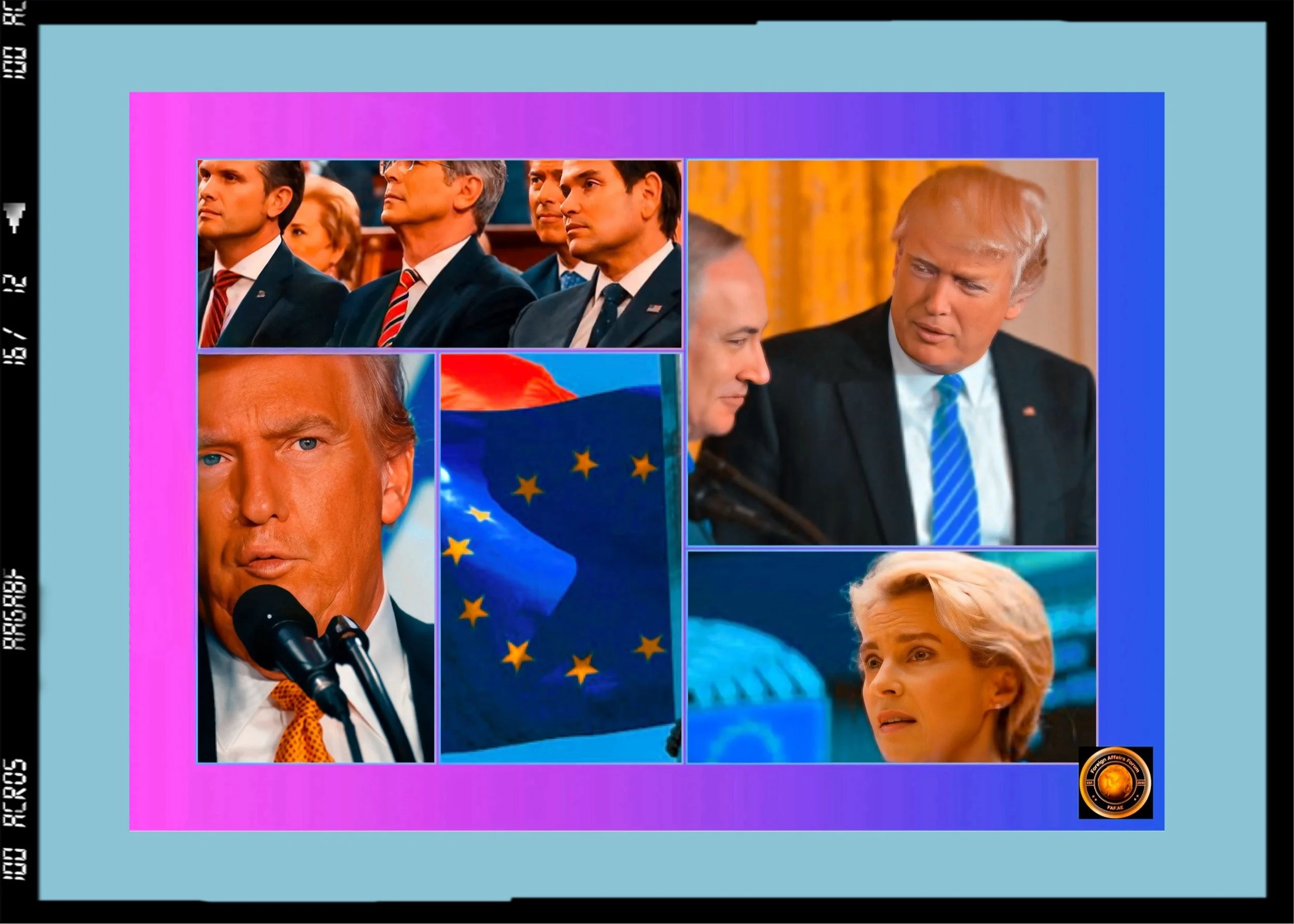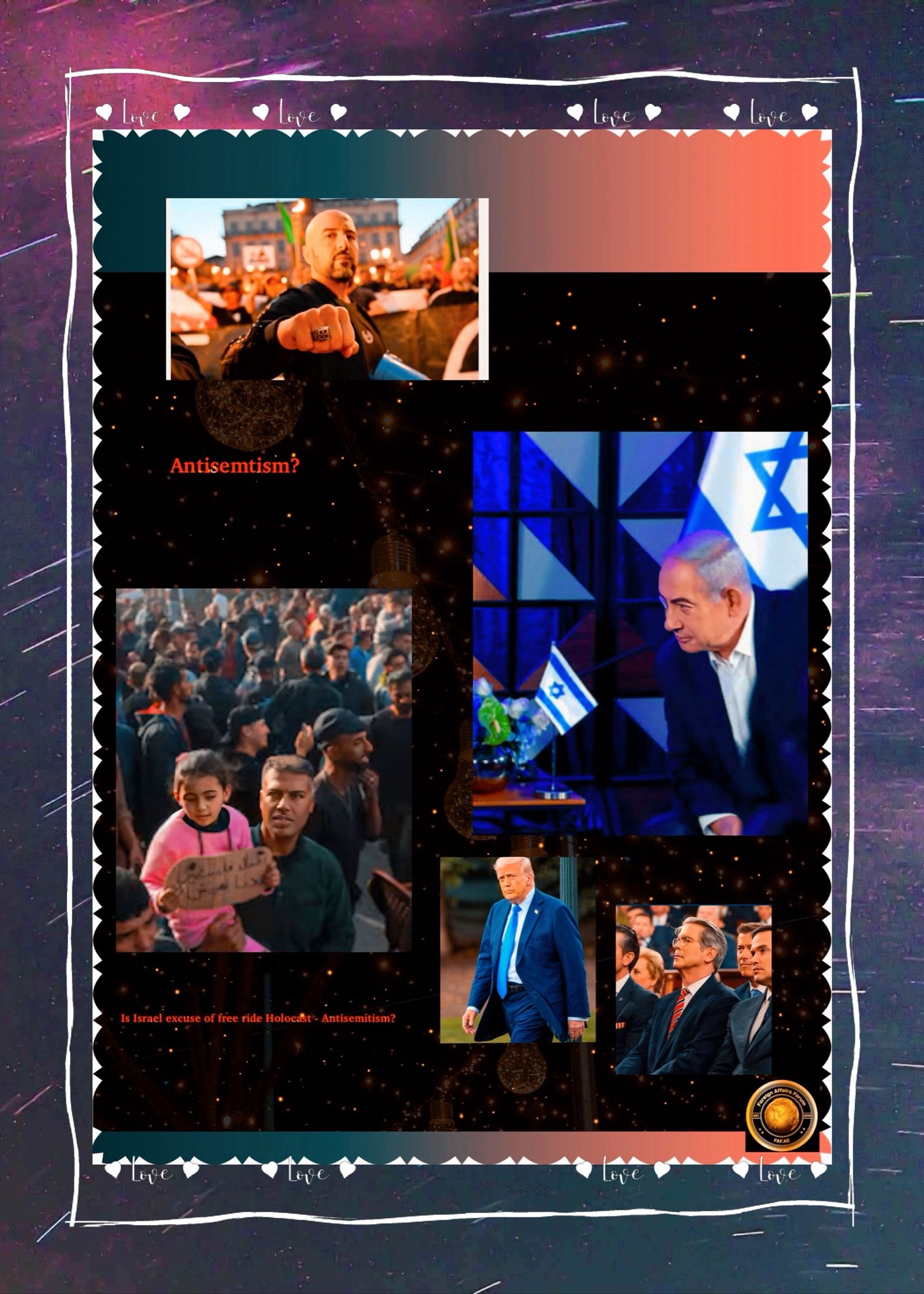Netanyahu, Trump, and Global Leaders: Divergent Approaches to Combating Antisemitism
Introduction
The fight against antisemitism has become a geopolitical litmus test, revealing stark contrasts between the approaches of Israeli Prime Minister Benjamin Netanyahu and former U.S. President Donald Trump compared to other global leaders.
While Netanyahu and Trump have weaponized antisemitism accusations to insulate Israeli policies and consolidate political power, other leaders have adopted more nuanced strategies that distinguish between legitimate criticism of Israel and genuine anti-Jewish hatred.
These divergent frameworks reflect broader ideological divides over human rights, free speech, and the ethics of international alliances.
Strategic Alliances and the Politicization of Antisemitism
Netanyahu’s Embrace of Far-Right Movements
Netanyahu has cultivated alliances with far-right European leaders whose parties have historical ties to antisemitism, a contradiction underscored by his March 2025 Jerusalem conference on antisemitism.
Attendees included figures like Hungary’s Viktor Orbán and Serbia’s Milorad Dodik, whose governments have been accused of rehabilitating Nazi collaborators and promoting ethnonationalist agendas.
While Netanyahu framed the event as a united front against antisemitism, mainstream Jewish organizations boycotted it, citing the attendees’ records of enabling anti-Jewish rhetoric.
This alignment reflects a transactional strategy: leveraging shared anti-immigration and anti-liberal ideologies to bolster support for Israel’s territorial maximalism, even at the cost of legitimizing groups that threaten Jewish safety elsewhere.
Trump’s Instrumentalization of Jewish Identity
Trump’s rhetoric, such as his March 2024 claim that “any Jewish person who votes for Democrats hates their religion,” invokes the antisemitic trope of dual loyalty.
By framing Jewish political allegiances through the lens of support for Israel, Trump echoes Netanyahu’s conflation of Zionism with Jewish identity.
His 2025 executive order targeting campus antisemitism, which adopts the controversial International Holocaust Remembrance Alliance (IHRA) definition, has been criticized for chilling free speech.
Kenneth Stern, the IHRA definition’s author, warned that Trump’s approach risks casting pro-Israel Jewish students as censors rather than interlocutors. Unlike leaders who separate policy critiques from bigotry, Trump and Netanyahu treat anti-Zionism as inherently antisemitic, a stance rejected by scholars like David Feldman, who argue that such conflation “undermines the fight against real antisemitism.”
The IHRA Definition: A Global Divide
Adoption and Controversy
The IHRA definition, which lists seven examples tying antisemitism to criticism of Israel, has become a polarizing tool. While over 40 countries have adopted it, its application varies.
The European Union endorses the definition but excludes the examples to avoid conflating anti-Zionism with antisemitism. In contrast, the U.S. under Trump and Israel under Netanyahu have aggressively enforced the full definition, penalizing groups like the Boycott, Divestment, and Sanctions (BDS) movement.
This contrasts with the approach of leaders like Brazil’s Lula da Silva, who condemned Israel’s Gaza campaign as a “holocaust” but emphasized that his criticism targeted policies, not Jewish people.
Academic and Legal Pushback
Germany and France, despite adopting IHRA, have faced legal challenges over its misuse. In 2024, a Berlin court ruled that labeling BDS as antisemitic violates free speech, reflecting the EU’s nuanced stance.
Conversely, the UK’s Labour Party under Keir Starmer has strictly enforced IHRA, expelling members accused of anti-Zionism—a policy criticized as overreach by Jewish Voice for Peace and other groups.
This contrasts with progressive leaders like Spain’s Pedro Sánchez, who support Palestinian statehood while condemning antisemitism, illustrating that criticism of Israel need not entail hatred of Jews.
Responses to Criticism: Silencing Dissent vs. Engaging Dialogue
Netanyahu and Trump’s Suppression Tactics
Netanyahu and Trump frequently label critics of Israel as antisemites, a tactic exemplified by Netanyahu’s 2021 dismissal of ICC war crimes investigations as “pure antisemitism.”
Similarly, Trump’s 2025 executive order framed campus protests against Gaza military operations as hate speech, ignoring that many Jewish students participate in these demonstrations.
This contrasts with Canadian Prime Minister Justin Trudeau, who in 2024 condemned both antisemitism and Islamophobia, urging dialogue rather than censorship.
Global Leaders Advocating for Nuance
Leaders like South Africa’s Cyril Ramaphosa have taken a different approach. After accusing Israel of genocide at the International Court of Justice in 2024, Ramaphosa clarified: “Our quarrel is with the Israeli government, not the Jewish people.”
Similarly, France’s Emmanuel Macron, while condemning antisemitism, has resisted adopting IHRA’s examples, stating that “criticism of a state’s actions must not be confused with hatred of its people.”
These leaders emphasize contextual analysis, distinguishing between harmful stereotypes and legitimate political dissent.
Comparative Analysis: Regional Approaches to Antisemitism
The Middle East and North Africa
In regions with the highest antisemitism rates—such as the West Bank (93%) and Iraq (92%)—leaders often perpetuate anti-Jewish tropes. For example, Tunisian President Kais Saied’s 2023 remark that “Zionists” control global finance echoed age-old conspiracy theories. However, Morocco and the UAE, following the Abraham Accords, have integrated antisemitism education into school curricula, contrasting with Netanyahu’s transactional alliances.
Europe’s Dual Challenge
European leaders face rising far-right antisemitism and left-wing anti-Zionism. Germany’s Olaf Scholz, responding to a surge in Holocaust denial, launched a national task force in 2024, combining education and law enforcement. Conversely, Hungary’s Orbán, despite partnering with Netanyahu, has praised Miklós Horthy, Hungary’s WWII-era leader complicit in Holocaust deportations. This hypocrisy highlights the moral compromises underlying Netanyahu’s alliances.
The Americas: Polarization and Progress
While Trump and Netanyahu politicize antisemitism, leaders like Argentina’s Javier Milei have embraced fringe theories, claiming “globalists” (a familiar antisemitic dog whistle) manipulate economies. In contrast, Chile’s Gabriel Boric, amid pro-Palestinian protests, reaffirmed his commitment to Jewish safety while criticizing Israel’s blockade of Gaza. This balance, absent in Trump and Netanyahu’s rhetoric, acknowledges the complexity of overlapping identities.
Conclusion
The Cost of Politicization
Netanyahu and Trump’s conflation of anti-Zionism with antisemitism has global repercussions. By allying with far-right movements and silencing dissent, they undermine the credibility of antisemitism prevention efforts.
Meanwhile, leaders employing nuanced, rights-based frameworks—separating criticism of states from hatred of people—offer a path forward. The ADL’s 2025 findings, showing 46% of adults worldwide harbor antisemitic beliefs, underscore the urgency of depoliticizing this struggle.
Combating antisemitism requires universal solidarity, not transactional alliances that sacrifice marginalized groups for political gain. As Atalia Omer notes, “Weaponizing antisemitism harms Jews and Palestinians alike.”
The global community must reject divisive rhetoric and recenter the fight around shared human dignity.




